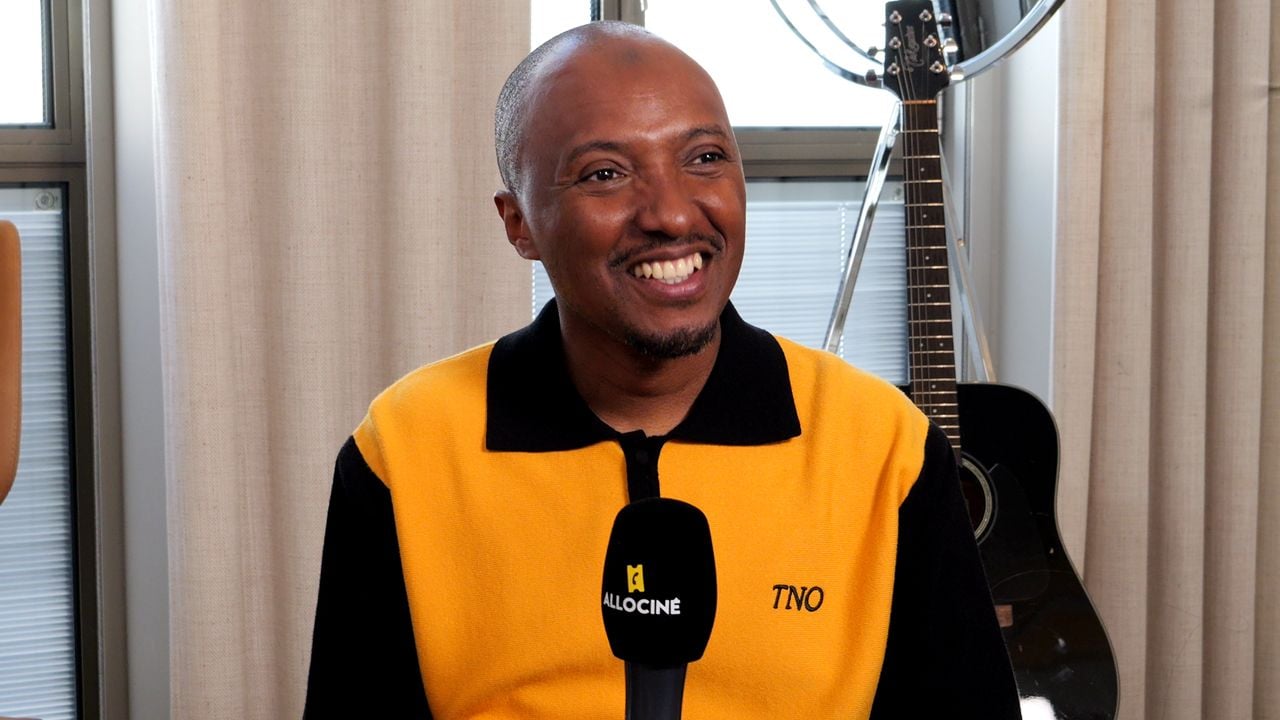CC-PARES, with representatives of private institutes, died out in 2018
The Secretary of Regulation and Supervision of Higher Education (Seres) of Ministry of Education (MEC), Marta Abramo, announced on Wednesday 5th that she will reinstate the Advisory Council of the Program for the Improvement of Higher Education Regulatory and Supervision Processes (CC-PARES). The board – which died out in 2018 under the Michel Temer (MDB) administration – aimed to discuss higher education regulation and oversight policies with industry representatives.
“It is a de facto advisory council, it has no deliberative power, but it is a way of consulting the sector on measures that affect them, when we make any changes to any regulatory provisions,” says the secretary.
“It is a dialogue table with representatives of the private sector, of the public sector, representatives of various secretariats of the MEC, so that we can, in fact, have this dialogue before making decisions that affect the life of all the institutions, which have the right to participate,” He adds.
Marta understands that it is necessary to review some educational regulations that are not suitable for the current situation. One of those policies involves higher education distance learning (EAD) courses, which the Secretary said should be the first topic to be discussed when CC-PARES returns.
From the end of 2023, the opening of new distance courses in 17 areas is suspended. The suspension ended at the end of May and there is still no news on how the secretariat intends to manage these courses.
The issue will have to be postponed again to become the first topic discussed when the Advisory Council returns. “One of the first policies we must inaugurate is distance learning. We need a broader and more collective debate, a review of the regulatory framework [do EAD]“, he has declared.
In the next few days, according to Marta, the ordinance establishing the return of CC-PARES should be published. The meetings are expected to begin in the second half of this year.
The Advisory Council differs from the Working Groups (GT) in that it generates greater possibilities for effective participation by the representatives. Another advantage, according to the sector, is the improvement of the legal certainty of decisions.
The expectation is that, in addition to the secretariat, INEP and CAPES, up to five representatives of the different types of education will participate: private, public, distance learning, professional and technical.
The announcement, made at the 16th Brazilian Congress of Private Higher Education (CBESP), was well received by private education representatives.
“The revival of CC-PARES represents the return of a space for formal dialogue, which did not exist many years ago,” says Celso Niskier, executive secretary of the Brazilian Private Education Forum and CEO of Abmes.
“We are not against regulation, on the contrary. Without regulation, courses start at R$ 19 per month,” he added, referring to the great expansion that distance learning courses have had since 2017, when standards were established to accredit institutions and offer distance learning courses.
Source: Terra
Rose James is a Gossipify movie and series reviewer known for her in-depth analysis and unique perspective on the latest releases. With a background in film studies, she provides engaging and informative reviews, and keeps readers up to date with industry trends and emerging talents.




